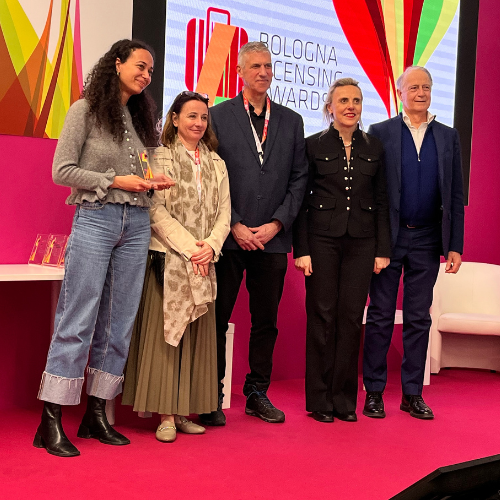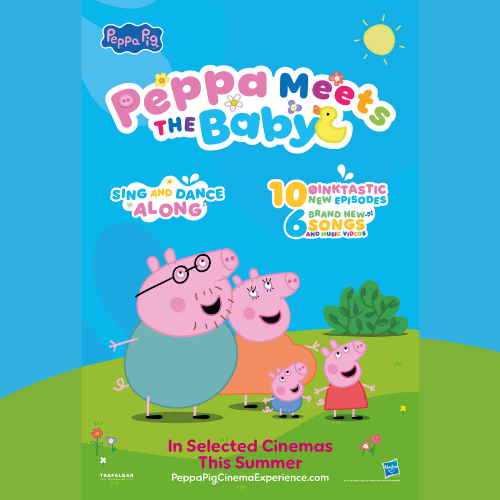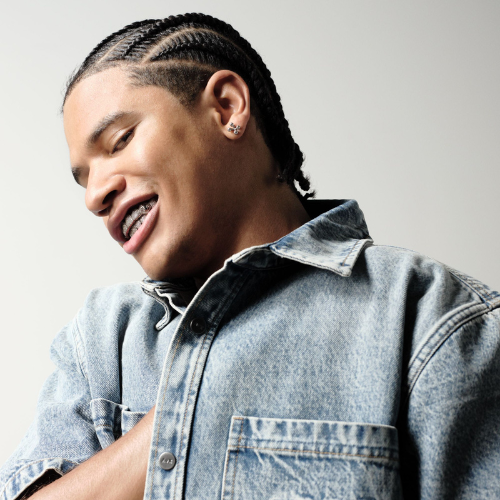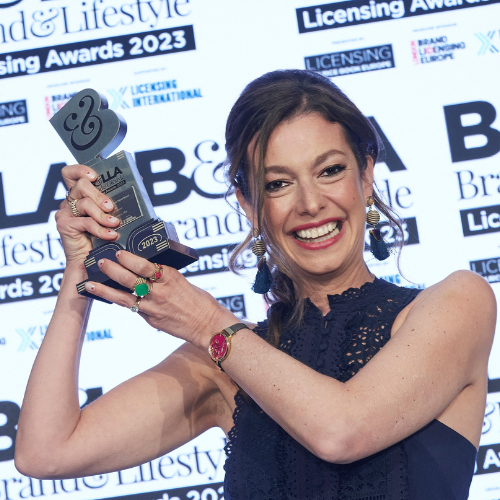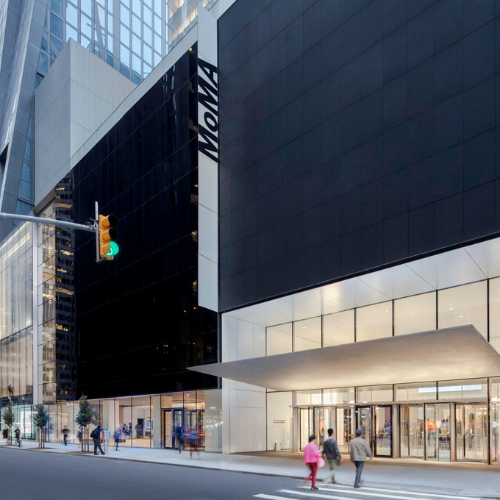With a new dedicated category at The Licensing Awards, we chat to Beanstalk, SEGA, Funko and Bits + Pixels about video games growth.
The impact that the video games category is having within the licensing space has soared within the past 12-18 months and is only set to increase.
This is the view of a number of licensors and agencies specialising within the sector including Beanstalk and SEGA Europe.
Indeed, the growth of video games within our industry is so spectacular that it is being recognised with the introduction of a dedicated award at The Licensing Awards this year – Best Gaming Licensed Property.
“The impact video games have on pop culture is huge and this impact is growing with every major release,” Daniel Amos, associate vp brand development at Beanstalk, told Source. “It’s been widely publicised that the video game industry is significantly bigger than both the music and movie industry combined, but in addition to huge revenues there are huge levels of engagement to consider.
“All of these factors are becoming increasingly apparent to both licensees and retailers, with video game licensed products ever more present in our industry.”

Dan explained that Tinderbox’s client base has also seen growth in the past 12-18 months, growing from its Microsoft Xbox portfolio of titles with the addition of Activision properties such as Call of Duty and the largest esports company globally, ESL.
He continued: “I’m excited to see video game properties engage with fashion and sportswear brands as gone are the days where basic t-shirts with video game cover art were passable as licensed products.
“Gamers are diverse, video game consumer products should be equally diverse and this diversity should extend itself to the retailers where product is available.”
This is something which Su-Yina Farmer and Sandra Arcan, co-founders of specialist video games agency Bits + Pixels, agree with.
“Understanding that gamers are not a niche community and are an incredibly broad audience of kids through to older adults, parents, celebrities, anyone with a smartphone to those who have high-spec PC rigs – you are therefore going to have a large chunk of those being fashion conscious,” Su-Yina explained, “so it only stands to reason why retailers such as Primark and even luxury designer brands such as Louis Vuitton and Moschino, are embracing video game brands.”

Su-Yina added that the demand for video games merchandise is greater than it’s ever been: “People who play video games often feel a real connection to the brand – crucially they are proud to be a gamer and want to express their fandom through fashion, accessories, decor and everything in between.
“The licensees are stepping up; being more creative and innovative with gaming merchandise, really getting to know their consumer and adding the attention to detail these products require. So, it’s vitally important for the wider industry to recognise video games as its own category, next to movies and music, paving the way to more outstanding products and licensing programmes, that makes this industry so exciting.”
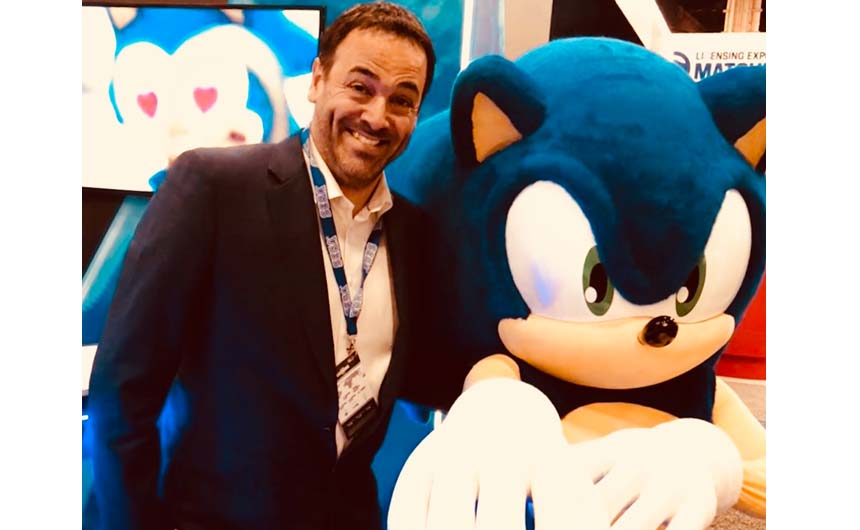
SEGA Europe is also seeing evidence that consumers are on the hunt for associated video games merchandise across a range of categories.
“Our Sonic business is seeing more success and traction at retail across different sectors than at any time,” said Jason Rice, director of brand licensing at SEGA Europe. “This growing demand from licensees and retailers reflects a trend we are all seeing in the popularity of gaming extending across all manner of consumer touch points.
“Much of this has been fuelled by the development of ‘cross-over content’. Gaming companies have had the foresight to build and expand their audiences through the development of film, animation, free-to-play games and experiential events.
“Gaming is the most the biggest, fastest growing and most important entertainment genre in the world and its relevance to the licensing industry has never been higher.”
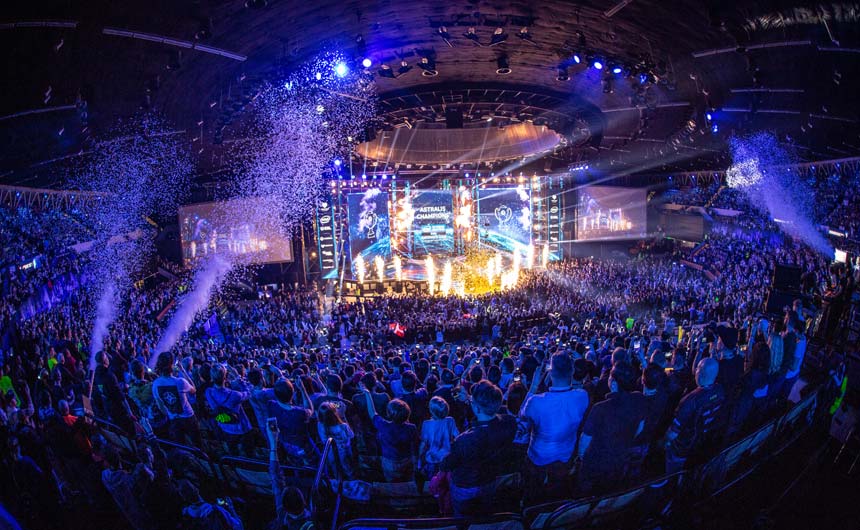
Beanstalk’s Daniel also believes that the cultural relevance of esports has never been so important.
“Competitive gaming is a truly global initiative that unites fans, players and communities worldwide while offering people of all abilities the chance to become a globally renowned athlete,” he continued. “We are on the cusp of seeing competitive gaming break into mainstream as brands such as Mercedes Benz, Gillette and AT&T begin to see the opportunity to connect with a global audience.”
Daniel believes that, in the same way UK retailers and licensees have begun to understand the significance of video games to pop culture, the same will be true of esports.
He added: “Many of today’s most popular video game properties either have their roots in competitive gaming (Call of Duty) or benefit from the popularity of competitive gaming genres like ‘battle royale’ (Fortnite).”
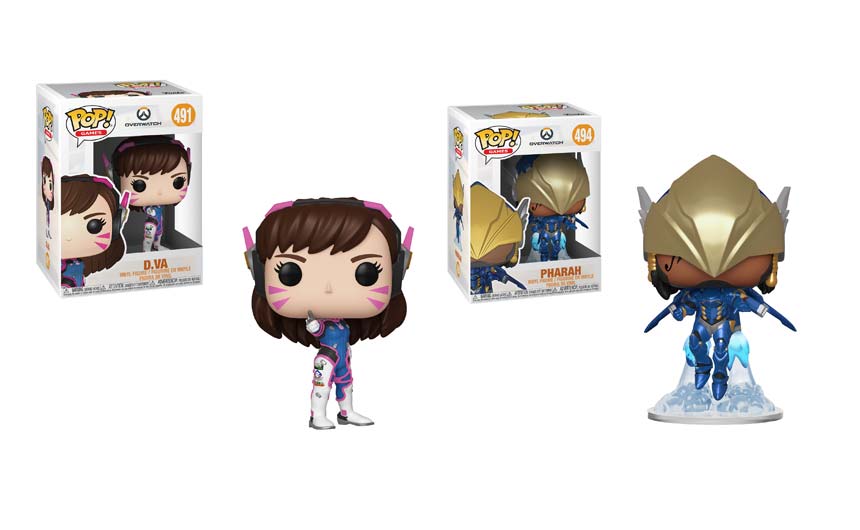
Funko – which is the sponsor of the new Best Gaming Licensed Property category at The Licensing Awards – believes that the video games category is as much an entertainment opportunity for consumer products as TV and film.
Andy Oddie, md EMEA, commented: “It’s our fastest growing category within our vinyl toy form factor, driven by properties such as Overwatch and Fortnite. We are actively exploiting the consumer product opportunity linked with esports as seen through our licensing activities. We believe there is a white space among this community which we are best placed to deliver against.”
Andy continued: “The video games category is as much a entertainment opportunity for consumer products as TV and film; what is more its character-based content evolves far faster than traditional theatrical or television seasons or releases.
“This fast moving character evolution is perfectly linked with our fast fashion Funko philosophy – partly the reason we are sponsoring the award!”
Entries for the Best Gaming Licensed Property at The Licensing Awards 2019 are now being accepted. Closing date for entries is Friday, June 28. Click here for further details and to download the entry forms.
Want to read more news like this? Simply sign up to our daily digest in the box below. You can also follow @LicensingSource on Twitter.












